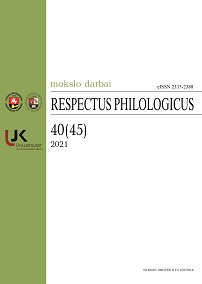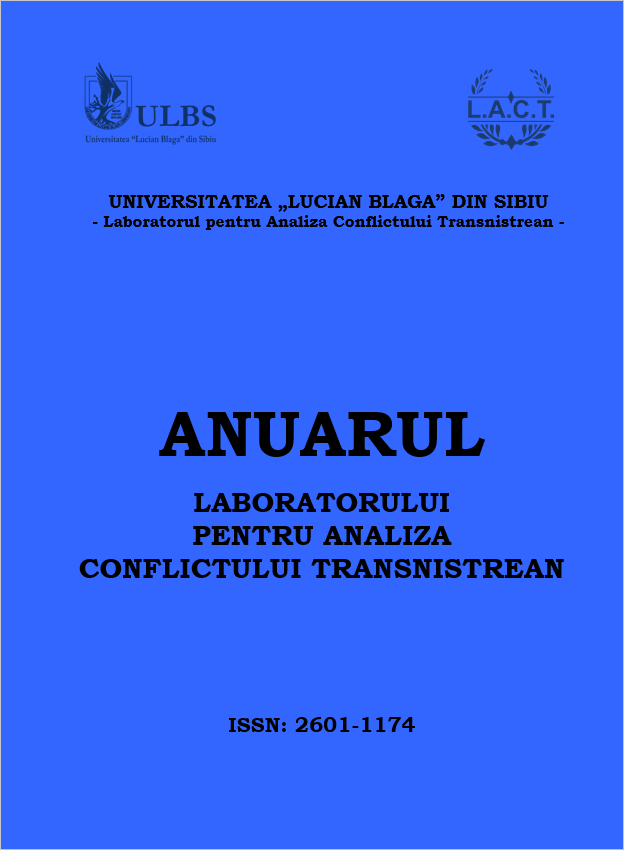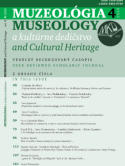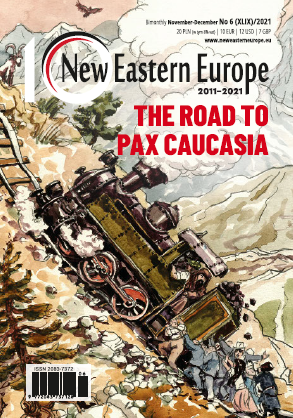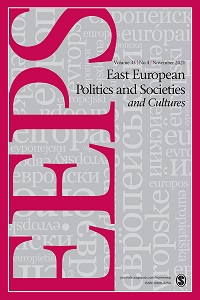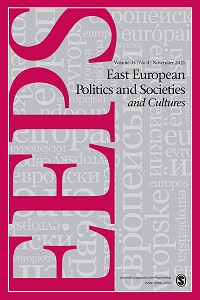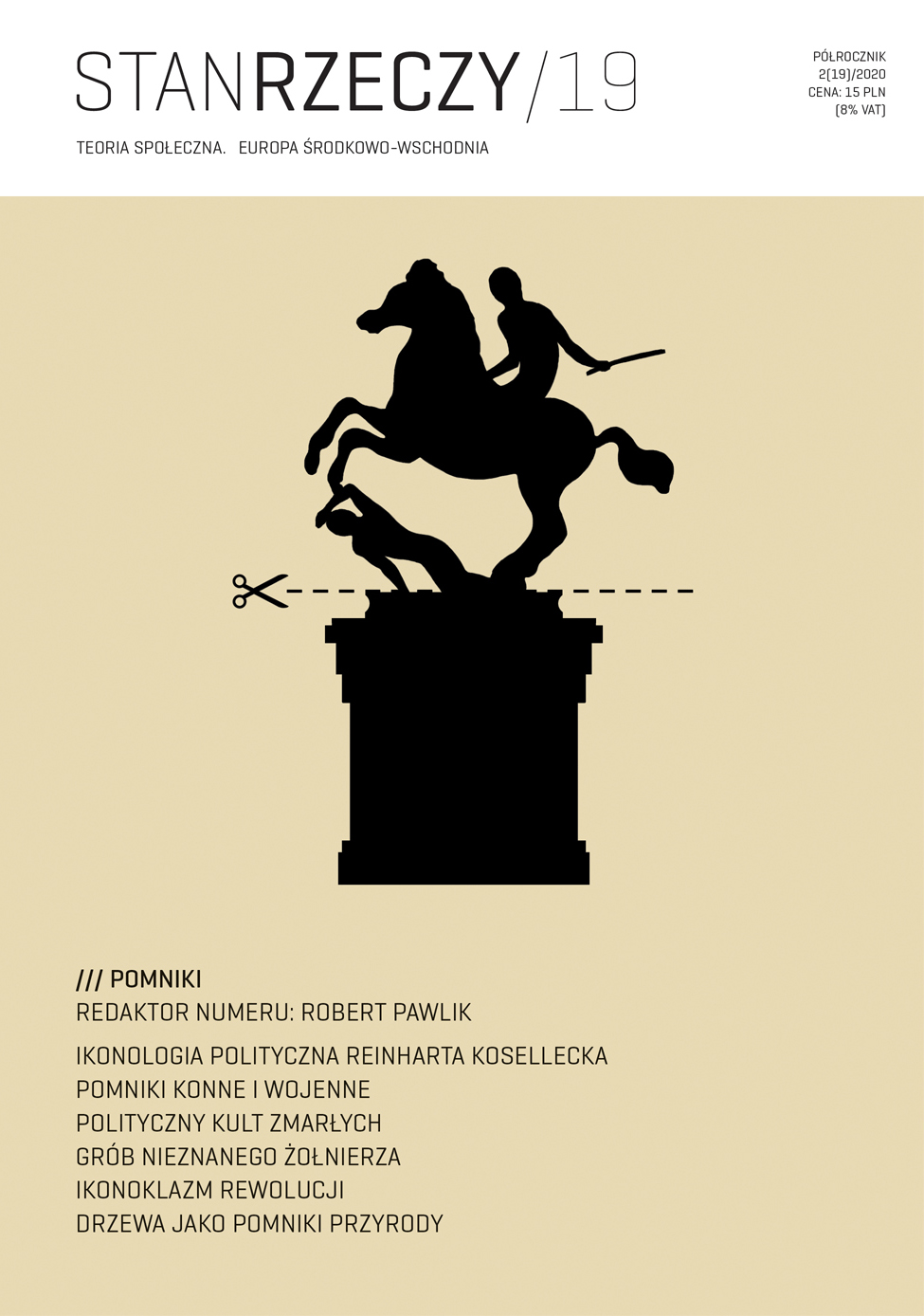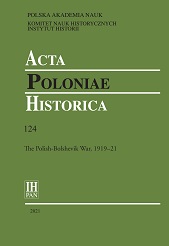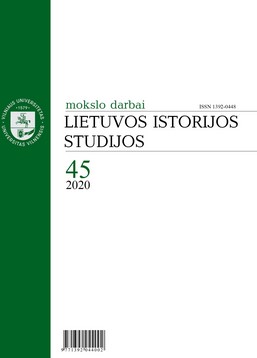
Kultūrinė atmintis Antrojo pasaulinio karo metų lietuvių periodinėje spaudoje
During World War II Lithuania was ruled by three completely different political regimes. In the first year Lithuania was authoritarian state ruled by group of nationalists, in 1940 Lithuania was occupied by Soviet Union and in 1941 State was occupied by Nazi Germany. All these political powers was undemocratic and propagated their ideologies. One of the most important aspect of every ideology is to suggest new concept of time. This change of perception of time could be seen in the change of cultural memory. Article try to analyze this change using the most popular Lithuanian periodical press of the period. This research analyzed main historical periods and the most popular themes represented in the main newspapers. Using theories of Anthony D. Smith and Raoul Girardet research showed what historical periods was seen positively and what negatively, what was main historical heroes and enemies; also how foreign history was represented in the periodical press. The quantitative content analysis showed that while representations of history in the so called independent Lithuania and in Lithuania occupied by Nazis was quite similar, historical representations during first Soviet occupation was unique. Qualitative content analysis showed that there was three very different paradigms of cultural memories, represented in periodical press. Lithuanian nationalist mostly tried to promote Lithuanian medieval times and especially Lithuanian dukes and historical capital Vilnius, also they tried to justify their politics creating myth of great welfare during their rule. They praised Soviet history, criticized Poland and poles, but wrote about most of the countries quite neutral. During Soviet occupation all Lithuanian history was harshly criticized and showed as negative times, this regime promoted only few Lithuanian heroes who died young or was known for their left wing politics. Main historical past represented in the newspapers was history of Soviet Union, other countries was ignored. Main enemies of Soviets was Lithuanian gentry, and Lithuanian rulers of the past.
More...
